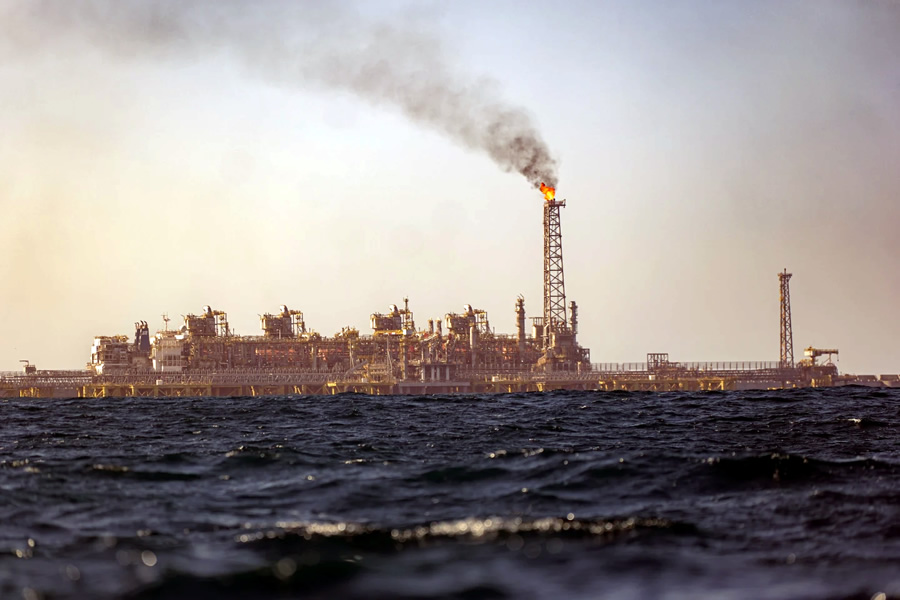
Senegal is moving ahead decisively with its energy transition strategy, combining renewables, natural gas and sustainable mobility. The country has set itself the goal of achieving universal access to electricity by 2025, already exceeding 84 % coverage. To this end, it is promoting large-scale projects that include the expansion of infrastructures, international partnerships and a firm commitment to decarbonisation.
One of the most recent milestones was the commissioning in July this year of the first liquefied natural gas (LNG) power generation project off the coast of Dakar. The initiative, developed by the Turkish company Karpowership in collaboration with the state electricity company Senelec, integrates a floating storage and regasification unit with a 335 megawatt generator ship. It is a key step in the exploitation of gas extracted from the Greater Tortue Ahmeyim (GTA) cross-border gas field, production of which began at the end of 2024.
At the same time, Senegal is preparing to host the largest solar plant with storage system in West Africa. The NEA Kolda project, under construction since May, will combine a 60 megawatt peak photovoltaic installation with 70 MWh batteries, capable of supporting the grid during peak demand hours. Commissioning is scheduled for 2026 and represents a significant step towards stabilising the electricity supply through clean energy.
The development of a 400-kilometre national gas pipeline with an investment of more than a billion dollars is also among the government's priorities. This infrastructure will allow gas to be transported from offshore fields to industrial areas and onshore thermal power plants, replacing heavy fuels. It is estimated that, once completed, the project could avoid the emission of 30 million tonnes of carbon dioxide by 2050.
The urban dimension of this transition also takes centre stage. In June, the World Bank approved $100 million in funding for the Dakar Sustainable Urban Mobility Project. The initiative envisages the modernisation of metropolitan transport through bus rapid transit (BRT), regional trains and a restructuring of informal transport. The aim: to reduce emissions, improve connectivity and benefit some 3.8 million inhabitants.
Senegal's commitment to a cleaner and fairer energy model will be one of the central themes of the MSGBC Oil, Gas & Power conference to be held in Dakar on 9-10 December. The meeting will bring together political leaders, investors and energy sector decision-makers to discuss West Africa's energy future and accelerate its transition to more sustainable development.
Source: energycapitalpower.com; Reuters
